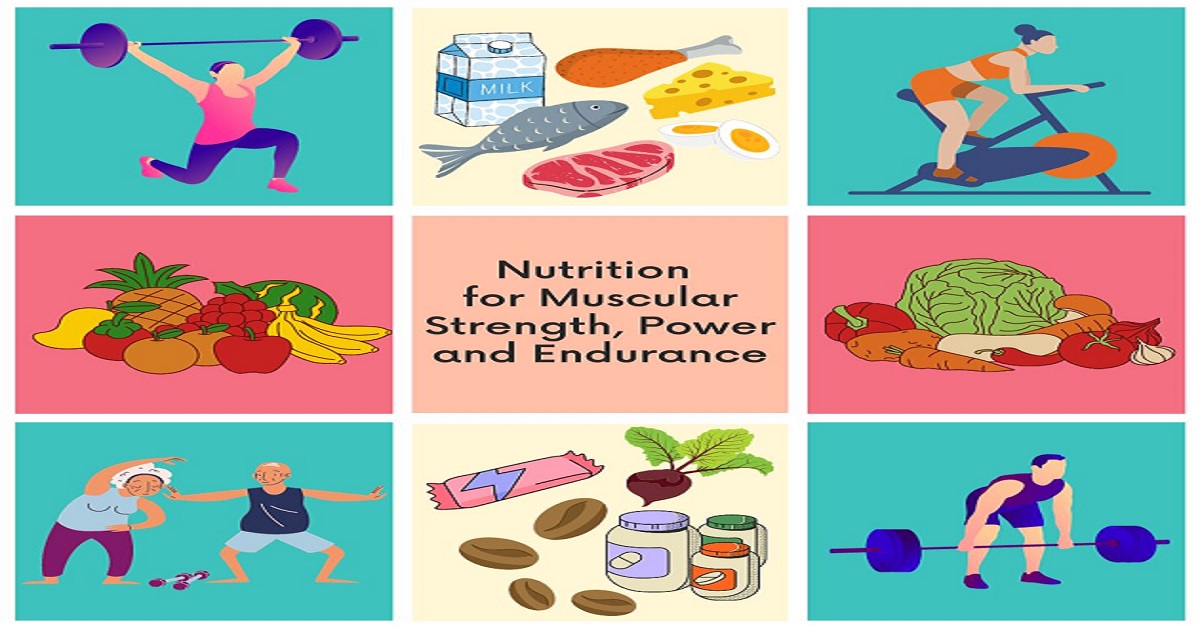Nutrition for Muscular Strength, Power and Endurance
A special issue of Nutrients (ISSN 2072-6643). This special issue belongs to the section "Sports Nutrition".
Deadline for manuscript submissions: 15 June 2024 | Viewed by 1321

Special Issue Editor
Interests: exercise physiology; sport nutrition; metabolism; muscular strength and power; myokines
Special Issues, Collections and Topics in MDPI journals
Special Issue Information
Dear Colleagues,
The ability to generate and maintain force and power production is critical in sports performance and determines the health status of several populations. Consequently, force and power development constitute a vital component of strength and conditioning programs aimed at improving performance as well as restoring or maintaining muscular function and health.
Nutrition alters the acute and prolonged metabolic and neuromuscular adaptations to exercise and training. The total energy intake, amount and distribution of macronutrients and micronutrients ingested, hydration status, or the use of dietary supplements modify the ability of muscles to produce force and power.
Therefore, this Special Issue invites the submission of sport and exercise nutrition-based manuscripts that advance scientific understanding and provide novel insights on the interaction between nutrition and muscular strength, power, or endurance, whether to improve sports performance or to restore or maintain muscular function and health.
Dr. Alberto Pérez-López
Guest Editor
Manuscript Submission Information
Manuscripts should be submitted online at www.mdpi.com by registering and logging in to this website. Once you are registered, click here to go to the submission form. Manuscripts can be submitted until the deadline. All submissions that pass pre-check are peer-reviewed. Accepted papers will be published continuously in the journal (as soon as accepted) and will be listed together on the special issue website. Research articles, review articles as well as short communications are invited. For planned papers, a title and short abstract (about 100 words) can be sent to the Editorial Office for announcement on this website.
Submitted manuscripts should not have been published previously, nor be under consideration for publication elsewhere (except conference proceedings papers). All manuscripts are thoroughly refereed through a single-blind peer-review process. A guide for authors and other relevant information for submission of manuscripts is available on the Instructions for Authors page. Nutrients is an international peer-reviewed open access semimonthly journal published by MDPI.
Please visit the Instructions for Authors page before submitting a manuscript. The Article Processing Charge (APC) for publication in this open access journal is 2900 CHF (Swiss Francs). Submitted papers should be well formatted and use good English. Authors may use MDPI's English editing service prior to publication or during author revisions.
Keywords
- nutrition
- exercise metabolism
- sport performance
- health
- skeletal muscle
- muscular function






